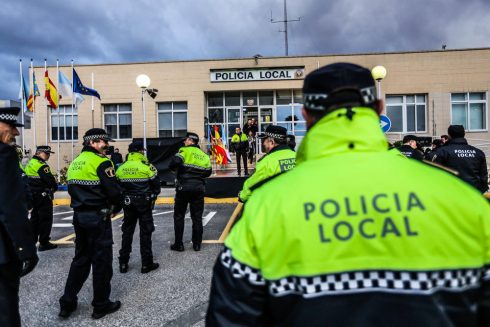Easter Monday marked the launch of Valencia’s trial of the four day working week which will take place for a month.
The city council will analyse the effects of a 32-hour week on health and social well-being, the climate emergency and the economy.
The concept of the four day working week has been touted as a feasible way to increase employee satisfaction and improve productivity allowing companies to slash a day off of the schedule while not reducing pay.
Valencia’s trial does not actually provide employees with extra days off, instead it takes advantage of existing national and regional holidays: April 10, Easter Monday; on Monday, April 17, San Vicente Ferrer; on Monday, April 24 (the festivity of San Vicente Martir was moved from January 22) and on Monday, May 1, the national holiday. The annual working hours will therefore not actually be reduced but it will be the first time that the city council evaluates the efficacy of a four day working week.
Results from the study will be made available on July 20. They will reveal aspects such as work-life balance, time efficiency, productivity, air quality, rest, traffic and value for money.
If conclusions are positive then discussions will be held with workers’ unions and the city council to see how best such a scheme could be implemented.
READ MORE:
- Spain’s March unemployment figures are lowest for the month since 2008
- Home delivery company Glovo fined €56.7 million for breaking Spain’s employment laws
- Jobless down: Spain ended 2022 with lowest level of unemployment for 15 years








